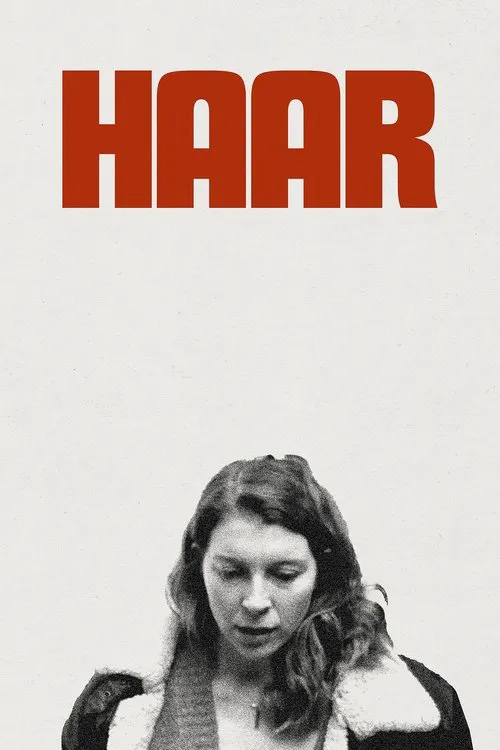Haar

Plot
In the quiet, unassuming world of Haar, director Jan Vendermeersch weaves a poignant and introspective tale that delicately examines the intricate web of relationships that bind us together. At its core, the film is a thoughtful exploration of the human condition, as embodied by its protagonist Jef, a complex and multifaceted individual navigating the treacherous landscape of his own emotions. The film begins with Jef finding himself stranded in Budapest, a foreign city where nothing seems familiar or comforting. Yet, it is precisely in this state of uncertainty that Jef is compelled to confront the disparate threads of his life. With each passing moment, the city seems to stretch out before him like an endless, surreal landscape, populated by the ghosts of his past and the whispers of his present. As Jef wanders through the streets, he finds himself face-to-face with a multitude of people who have played significant roles in his life. Among them is a series of past lovers, each of whom represents a different chapter in his emotional journey. There's Anouchka, his enigmatic and beautiful former girlfriend, whose presence is both captivating and elusive. With her, Jef experiences a rekindling of the old flame that once burned so brightly between them, only to find that their connection remains fragile and ephemeral. Then there's Nad, another ex-lover who, unlike Anouchka, embodies a sense of warmth and familiarity. Their reunion is marked by a mix of tenderness and nostalgia, as Jef is drawn back into the comfort of a shared past. However, even in this familiar context, he finds himself struggling to reconcile the person he once was with the individual he has become. This dissonance serves as a poignant reminder that, no matter how much we change, our memories of the past can be just as indelible as the scars that linger on our skin. Jef's interactions with his family members are equally poignant, particularly his confrontation with his mother. This scene is charged with a deep sense of tension and emotional complexity, as Jef's mother struggles to reconcile her own grief and sense of abandonment with the harsh realities of her son's life. It's in these moments that we see the delicate balance between love and pain, as Jef's mother grapples with the weight of her own emotions. At its core, Haar is a film about the fragmentation of the self, about the multiple identities we lead and the disparate narratives that make up our lives. Jef, the protagonist, is a masterful representation of this concept, as he navigates the varied landscape of his own psyche. His is a world where past and present blur, and memories seep into each other like sand through an hourglass. Throughout the film, Jan Vendermeersch's direction proves to be both gentle and unforgiving, coaxing nuanced performances from his cast without ever sacrificing the raw emotional power of the narrative. The cinematography, meanwhile, is a visual feast, capturing the rugged beauty of Budapest and the intricate textures of the human experience. Ultimately, Haar serves as a powerful reminder of the complex, multifaceted nature of human relationships. It's a film that resists easy definitions or neatly tied conclusions, instead embracing the messy, fragmented world of our own experiences. In this sense, Haar is less a traditional narrative than a delicate, impressionistic dance, one that captures the very essence of our shared humanity.
Reviews
Recommendations



